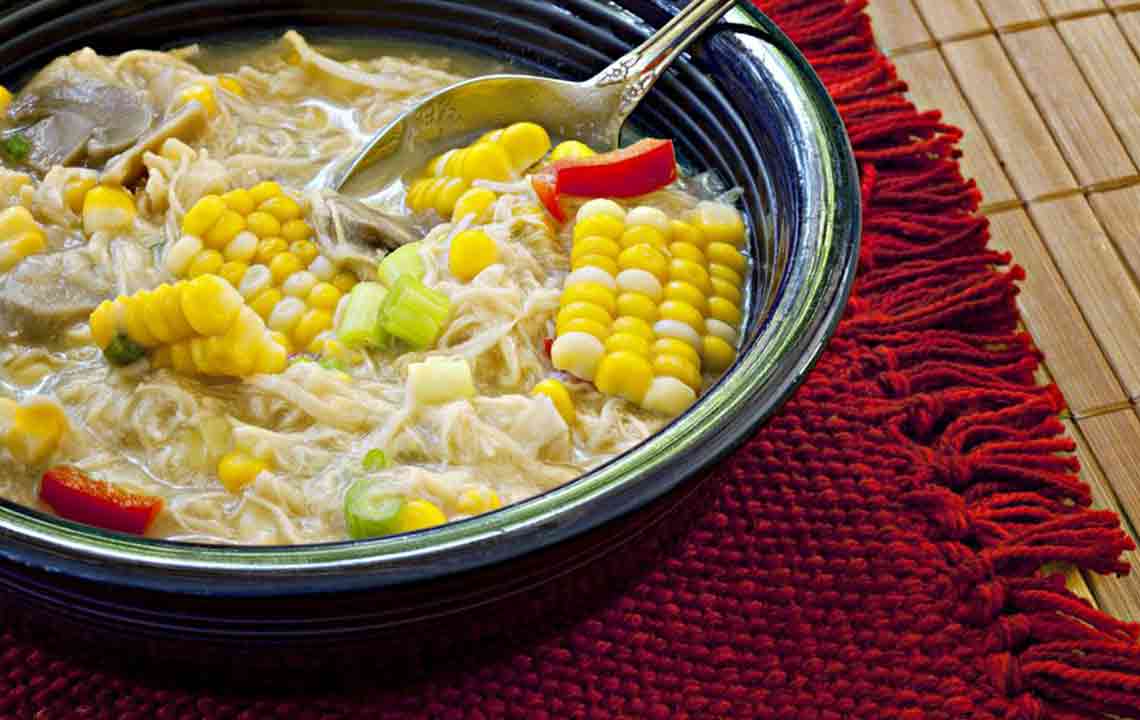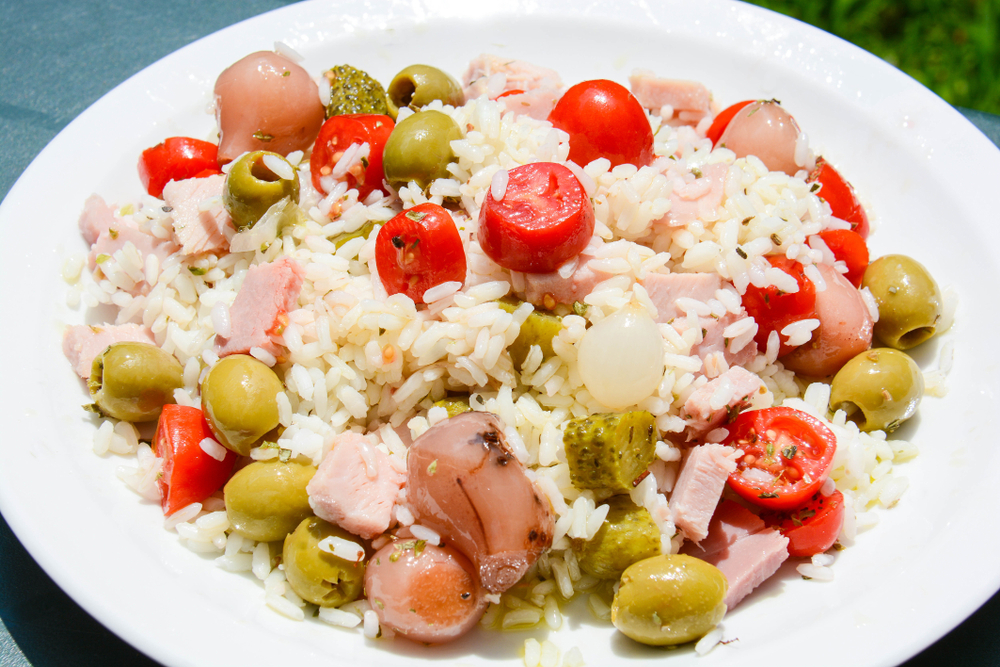Effective Dietary Strategies for Managing Crohn's Disease
This article provides essential dietary tips for managing Crohn's disease, emphasizing foods to avoid and include. It highlights symptoms, complications, and tailored diet strategies to help patients minimize flare-ups and promote gut health, backed by expert advice. Readers learn practical guidelines to improve their quality of life through thoughtful nutrition choices aligned with Crohn’s management.

Effective Dietary Strategies for Managing Crohn's Disease
Individuals with Crohn's disease often experience severe symptoms that can fluctuate over time. These symptoms, which may last for weeks or even years, require careful dietary management to minimize flare-ups.
To tailor an effective Crohn’s disease diet, understanding the condition is essential.
Symptoms of Crohn's Disease
The manifestation of Crohn’s varies depending on affected bowel regions and disease severity. Common signs include:
Persistent diarrhea, sometimes with blood, mucus, or pus.
Unexplained weight loss or sudden weight changes.
Frequent fever indicates active inflammation.
Severe abdominal pain and tenderness.
Unexplained abdominal heaviness.
Rectal bleeding is also common.
Advanced Crohn’s can lead to dangerous complications like intestinal blockages, perforations, swelling, pain, and fever, which require quick medical attention.
Diet plays a crucial role in managing Crohn’s symptoms. Knowing foods to avoid helps prevent flare-ups.
Foods to Limit or Avoid
Alcohol should be limited, as it can inflame the stomach lining.
High-fat spreads like butter, margarine, and oils can aggravate symptoms.
Sugary carbonated drinks may worsen inflammation.
Caffeinated beverages and chocolates can trigger discomfort.
Whole corn husks should be avoided.
Many with Crohn’s are lactose intolerant, so dairy intake might need regulation.
Fried and greasy foods are highly discouraged.
Low-fiber foods, including peels on fruits and vegetables, should be consumed cautiously or avoided.
Raw nuts and popcorn are difficult to digest and may worsen symptoms.
Cured meats contain additives that can inflame the digestive tract.
Tomatoes and their seeds might exacerbate symptoms in some patients.
Recommended Foods for Crohn’s Patients
Almond milk: A suitable lactose-free dairy alternative.
Eggs: Easily digestible protein source.
Oatmeal: Gentle on the stomach, good for breakfast.
Salmon: Rich in lean protein, supports nutritional needs.
Papaya: Soft, easy-to-digest fruit beneficial for intestinal health.










